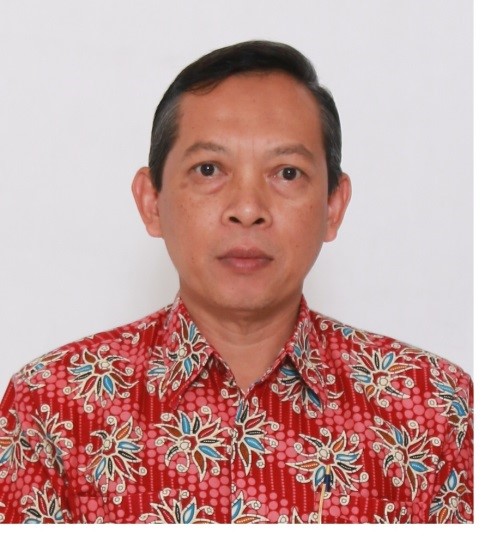
Mr Waluyo Eko Cahyono – Indonesia
Project: Climate Change Mitigation with a Focus on Forest Degradation in Indonesia Tropical Forests
Climate change is a global phenomenon posing new challenges in achieving food security and improving the livelihoods of the poor who are in the majority in developing countries. The nature of the exposure to climate change and the adaptive capacity that exists, determines the severityof climate impacts.
Land-use change through deforestation is a significant source of carbon emissions and an active contributor to global warming . Deforestation has contributed from 1.6GtC to 5.9 GtC per year in the 1990s (IPCC 2007). This represents about one fifth of current global carbon emissions, which is more than what comes from the fossil fuel-intensive global transport sector (IPCC 2001a, 2001b; Stern 2006).
Conceptual framework and research themes
The objective of this research programme would be to contribute to understanding the concept of forest degradation as it is one of the important and lesser known aspects to consider in REDD. Deforestation is pretty straightforward: that’s the removal of forest to different land use. Degradation is much more complicated to define and in many-cases what is considered forest degradation by some is called forest management by others!
For a REDD policy, using a national level reference historical period increases transparency, clarity, and feasibility of measurement. The historical period selected for reference periods will have profound impacts for incentives to reduce deforestation and degradation depending on each country’s deforestation rate during that period relative to the potential for future deforestation. Thus, selection of a reference period will require discussion among participating nations. While some flexibility may be 2 necessary, any reference period applied to a REDD policy should focus primarily on providing correct incentives for real emission reductions
Research questions can be of fundamental or more applied nature but should meet internationally high standards of scientific quality. Research must aim to link scientific advances to policy and/or practice.
We envision addressing the following research themes:
•What is really tropical forest degradation? How do we assess it practically?
•What is the real impact of forest degradation in GHG emission? Is there a role to play for reduced tropical forest degradation?
•In furthering sustainable forest management, what are the merits and drawbacks of accounting for forest degradation through changes in carbon stocks rather than reductions in forest cover?
Biography:
My research interest is on land-atmosphere interactions for climate variability, including emissions of carbon dioxide from land use change (e.g. deforestation) and climate mitigation potential from the land.. Currently, I am investigating the effect that deforestation and drainage has on tropical peat swamp forests, specifically in terms of the greenhouse gases. I also have strong interests on climate change related to Reducing Emissions from Deforestation and forest Degradation (REDD+) and synergies between climate change mitigation and sustainable development in the land use sector.
I am very interested in reduced emissions from deforestation and degradation (REDD) in developing country. A properly designed REDD mechanism is widely seen as a cost-effective approach to simultaneously conserve forests, slow climate change, protect biodiversity, foster sustainable development, and maintain important ecological services provided by healthy forest ecosystems.
I have been working as a staff member of the Aerospace Media Research Group, and then 2000 – 2013 I am staff member of Ozone and Air Pollution Assessment, Center for Application of Atmospheric Science and Climate, National Institute of Aeronautics and Space (LAPAN), and I am Head of Atmospheric Composition Division in 2013-2015. Since January 2016 until now : Head of Atmospheric Environmental Research Group, Center of Atmospheric Science and Technology, LAPAN. I was finished Master in Environmental Science, at Universitas Padjadjaran, Bandung, Indonesia is funded by International Tropical Timber Organization (ITTO).

